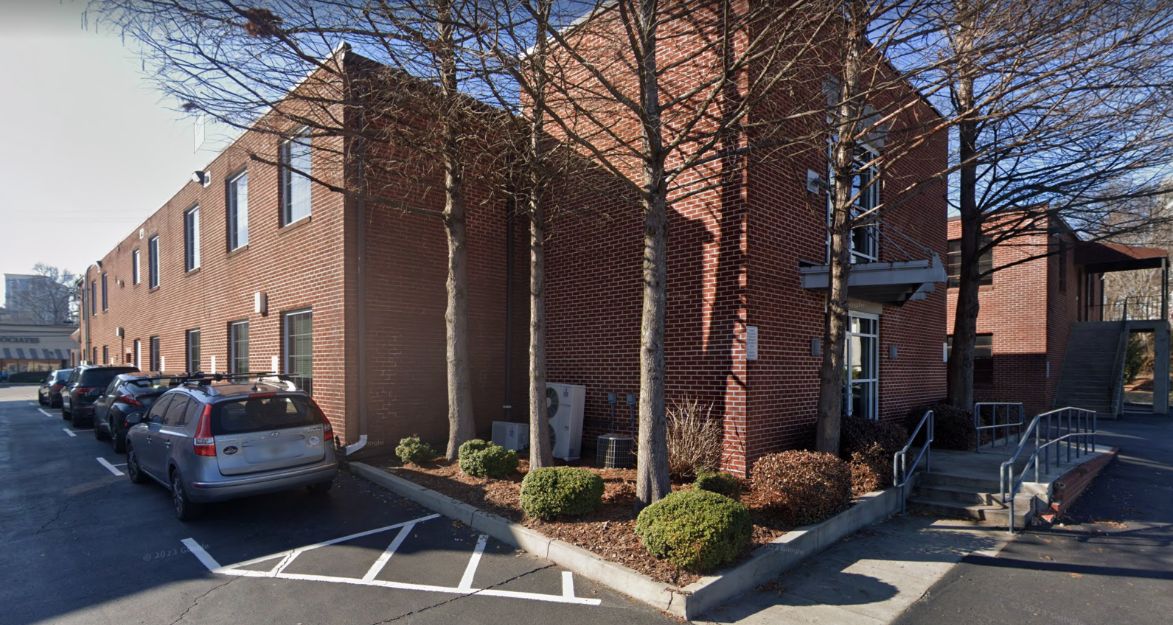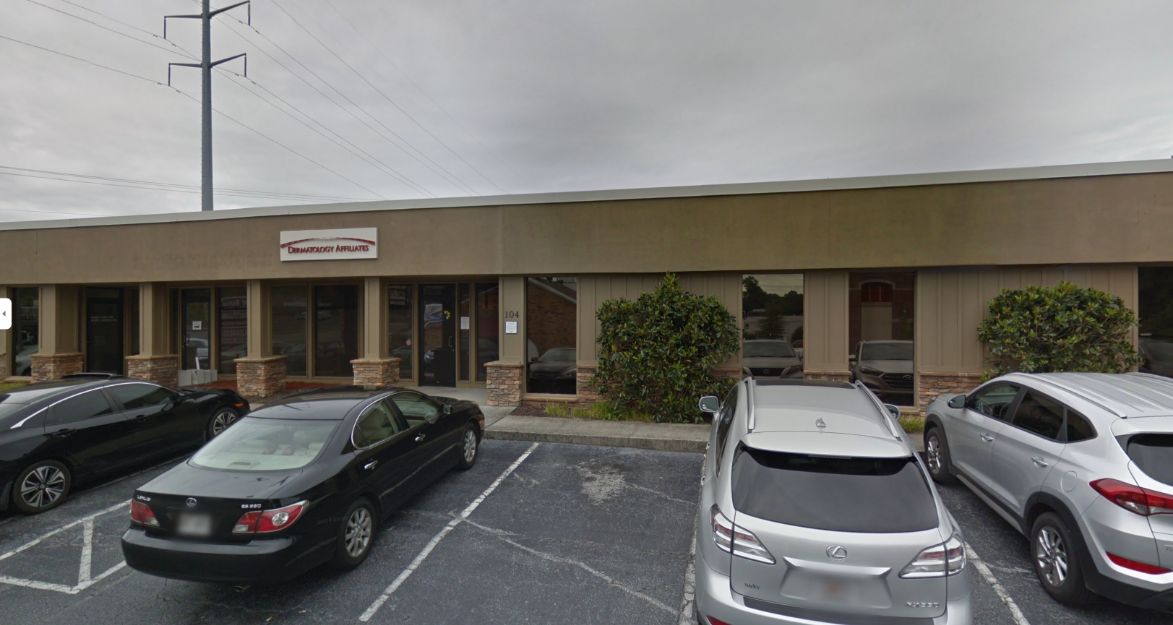Lichen Planus
Explore Comprehensive Care Options for Lichen Planus
Lichen Planus is a common yet often misunderstood inflammatory skin condition that can affect many people. It usually presents as small, itchy bumps or a rash, commonly appearing on the trunk, wrists, ankles, and even inside the mouth. In some cases, it can also impact the appearance of fingernails and toenails, leading to discomfort and changes in nail texture or color.
Living with lichen planus can be challenging, especially when it affects multiple areas of the body or causes significant discomfort.
At Dermatology Affiliates of Atlanta, GA, we prioritize your skin’s health and well-being. Our experienced team is dedicated to helping you manage lichen planus effectively. By scheduling an appointment with one of our trusted providers, you’ll receive a personalized treatment plan tailored to your specific symptoms and skin care needs.
With the right approach and expert guidance, you can find relief from the symptoms of lichen planus and regain your comfort and confidence. Let us help you navigate this condition with care and compassion, ensuring that your skin receives the attention it deserves.
Examples of Lichen Planus
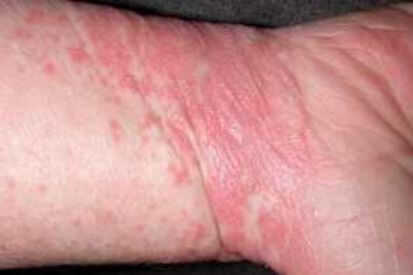
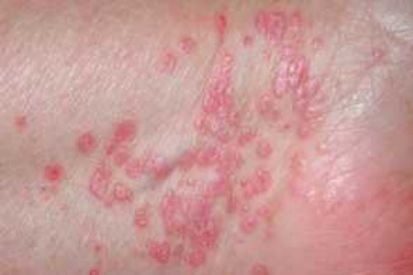
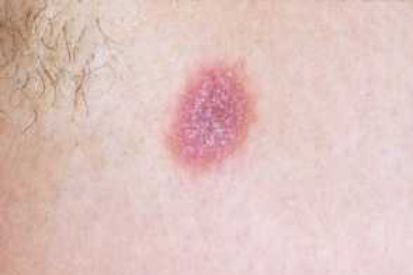
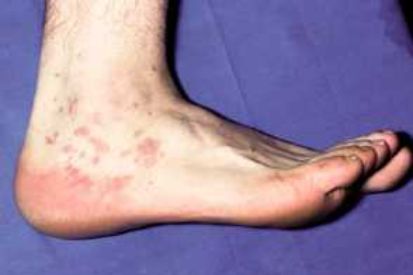
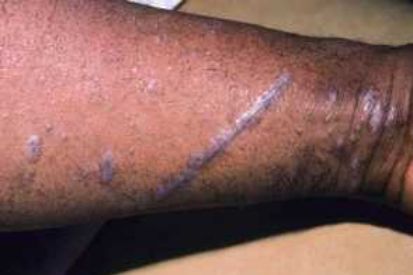
What are the Symptoms of Lichen Planus?
- Glossy, firm, reddish-purple bumps with delicate white lines.
- The quantity of these distinctive eruptions can vary from a few to numerous, commonly appearing on areas like wrists, lower back, and ankles.
Causes of Lichen Planus
- Lichen planus is an inflammatory skin condition with no precisely identified cause.
- Lichen planus is thought to be triggered by an abnormal immune response.
- Certain viral infections, such as hepatitis C, have been associated with lichen planus.
- Allergic reaction and exposure to certain chemicals may trigger lichen planus.
How to Prevent Lichen Planus
Preventing Lichen planus can be challenging as its exact cause is not fully understood. However, certain measures may help reduce the risk of flare-ups or alleviate symptoms:
-
Avoid Triggers: Identify and avoid potential triggers such as certain medications, allergens, or chemicals that may be associated with the onset of lichen planus.
-
Practice Stress Management: Since stress can contribute to flare-ups, adopting stress-reduction techniques such as meditation, yoga, or deep breathing exercises may be beneficial.
-
Maintain Good Oral Hygiene: If lichen planus affects the mucous membranes inside the mouth, practicing good oral hygiene and regular dental check-ups can help manage symptoms.
It's important to note that while these measures may be helpful for some individuals, there is no guaranteed way to prevent lichen planus entirely.
Lichen Planus FAQs
Lichen planus is not contagious and typically does not spread between individuals. However, the skin lesions can spread on the same person's skin over time. Dermatologists can offer advice on managing and preventing the progression of these lesions.
Stress can worsen the symptoms of lichen planus, though it is not a direct cause. Maintaining a healthy lifestyale and practicing relaxation can help total wellness. Dermatologists can incorporate stress management strategies into your treatment plan to help improve your condition.
From our QualDerm Family of Brands: Skin Biopsies Explained by Dr. Jennifer Powers
How to Treat Lichen Planus
Dermatologists typically diagnose lichen planus through a thorough examination of the skin, nails, and mouth. While visual inspection is often sufficient, in some cases, a skin biopsy may be necessary to examine tissue under a microscope for confirmation. Once diagnosed, various treatment options may be recommended, including:
-
Antihistamines: These can be prescribed to alleviate itching and discomfort associated with lichen planus.
-
Topical Corticosteroids: Creams or ointments containing corticosteroids are commonly used to reduce inflammation and manage skin lesions. They are applied directly to the affected areas.
-
Corticosteroid Pills: In more severe or widespread cases, oral corticosteroids may be prescribed to control inflammation and immune system response.
-
PUVA Therapy (Light Therapy): This involves exposure to ultraviolet A (UVA) light after taking a light-sensitizing medication (psoralen). It can be effective in managing lichen planus symptoms.
-
Retinoic Acid: Topical or oral retinoids, such as retinoic acid, may be recommended to promote skin cell turnover and reduce inflammation.
-
Tacrolimus Ointment or Pimecrolimus Cream: These are calcineurin inhibitors that can be applied topically. They are an alternative to corticosteroids, particularly in sensitive areas.
It's important to note that treatment plans may vary based on the type and severity of lichen planus, as well as individual patient factors. Schedule an appointment with one of our skin experts to determine your treatment plan for Lichen Planus.
Featured Blogs
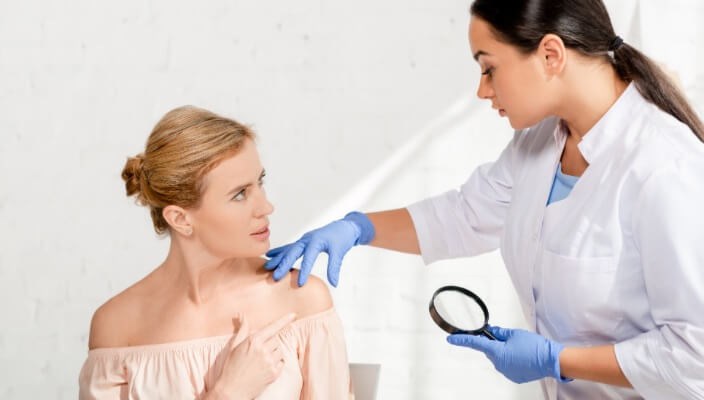
- General Dermatology
- Skin Care
- Chronic Skin Conditions
Skin tags are benign growths of excess skin which form in response to rubbing and irritation. Read more to learn about what we can do about them.
Read More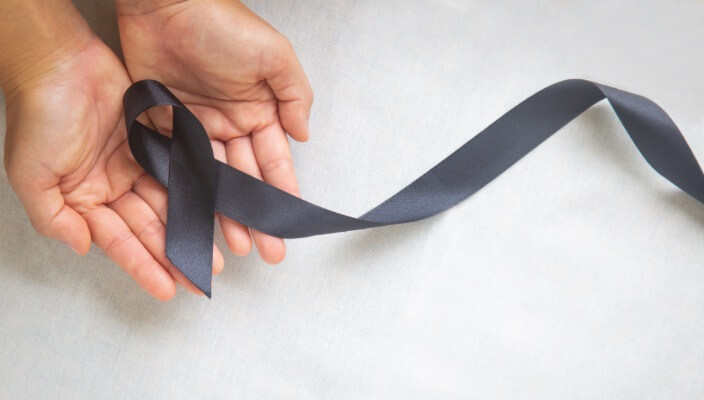
- Skin Cancer
- General Dermatology
- Sun Safety
A skin cancer story shared by a Dermatology Affiliates employee. Learn how easy it is for skin cancer to sneak into your life in many ways.
Read More
- Skin Care
- Cosmetic Treatments
Entering their 40s warrants special attention to neck care. Often overlooked until signs of aging have already manifested, it's imperative to begin applying sunscreen to the neck daily.
Read MoreFeatured Products

EltaMD UV Clear SPF 46
Oil-free EltaMD UV Clear helps calm and protect sensitive skin types prone to discoloration and breakouts associated to acne and rosacea. It contains niacinamide (vitamin B3), hyaluronic acid and lactic acid, ingredients that promote the appearance of healthy-looking skin. Very lightweight and silky, it may be worn with makeup or alone. Choose from tinted and untinted formulas for use every day. 1.7 oz / 48 g

EltaMD PM Therapy Facial Moisturizer
This advanced facial moisturizer works to moisturize, restore and repair skin while you rest. EltaMD PM Therapy is oil-free, fragrance-free, noncomedogenic and safe for sensitive skin. Ceramides strengthen the skin’s natural moisture barrier. Niacinamide and antioxidants work to improve skin color and tone, while also speeding the metabolism to maximize the nightly skin repair process. Small rice protein peptides penetrate to stimulate cell growth and collagen formation, resulting in more skin elasticity. As it nurtures, revitalizes and oxygenates the skin, wrinkles fade and skin tone improves, resulting in a smoother, fresher appearance. (net wt 1.7 oz/48 g)

